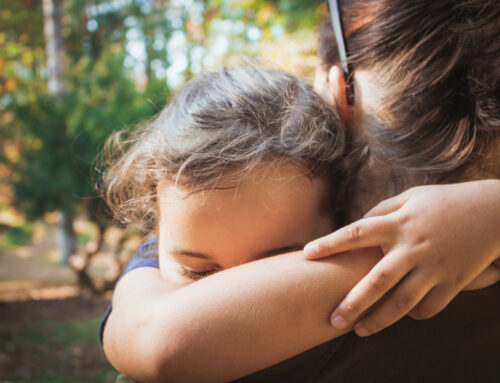Generational Cycles of Violence
Generational cycles of violence refer to patterns of violent behavior that are passed down from one generation to the next. These cycles are a tragic reality for many families. But what does this process look like, and what can we do to break these cycles of violence?
What Are Generational Cycles of Violence?
Generational cycles of violence — sometimes known as intergenerational abuse or intergenerational violence — occur when children who witness or experience violence in their homes grow up to either become victims or perpetrators of violence themselves. This cycle is perpetuated by a combination of learned behaviors, trauma, and societal norms that normalize or excuse violent behavior.
The Cycle of Generational Violence
Exposure: The cycle often begins with a child witnessing domestic violence in their home. This exposure normalizes the behavior, making the child believe that such actions are acceptable or even expected in relationships.
Internalization: As the child grows, they internalize these violent behaviors, viewing them as normal or even necessary for conflict resolution or expressing emotion.
Repetition: In adulthood, these individuals might replicate the violent behaviors they witnessed, either as a victim or a perpetrator. The cycle then continues as their children are exposed to the same behaviors.
Breaking the Cycle
Breaking the generational cycle of violence requires a multi-faceted approach that includes strategies like:
Education: Raising awareness about the signs and consequences of domestic violence can help individuals recognize and challenge these behaviors.
Therapy and counseling: Professional help can assist survivors and perpetrators in addressing their trauma and learning healthier ways to cope and communicate.
Community support: Strong community networks can provide survivors with the resources and support they need to escape violent situations and rebuild their lives.
Legal interventions: Strengthening legal protections for survivors and holding perpetrators accountable can help deter violent behavior.
Take Action: Support My Sister’s Place
Ending generational cycles of violence is not a task for one person or organization; it requires collective action. Join the movement by supporting our work here at My Sister’s Place (MSP).
We offer shelter, resources, and support for survivors of domestic violence — and their children — in the DC area. We also provide leadership and education to help build supportive communities. MSP offers a full continuum of care, from emergency shelter to transitional-to-permanent housing, as well as training, case consultation, and advocacy.
Donate today, sign up to volunteer, or email us about setting up a domestic violence training in your community. Help us break the cycle of domestic violence and create a safer, more compassionate world for future generations.



